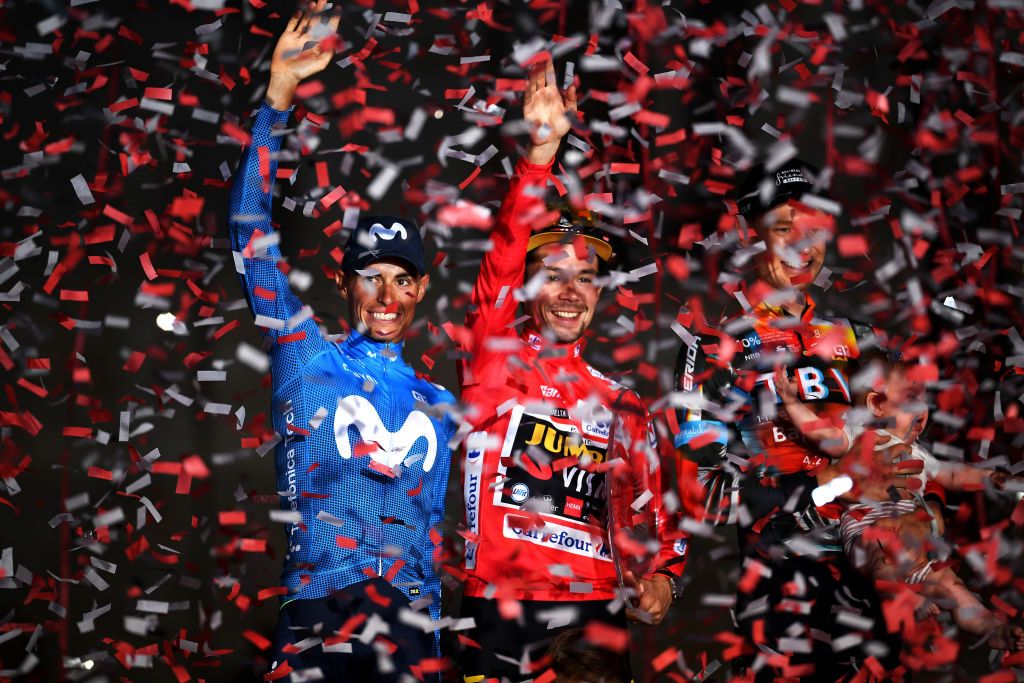The 2022 Vuelta a España gets underway in Utrecht, Holland, on Friday August 19 and concludes in Madrid, Spain, on September 11 after three weeks of racing.
The 21 stages contain a variety of challenges, from two types of time trial to a customarily large helping of uphill finishes.
To take us through the most important days in the battle for the overall title, we’ve enlisted the help of Fernando Escartín, twice a podium finisher at the Vuelta in the 1990s and now part of the route design team at the Spanish Grand Tour.
Escartín offers the inside line on the time trials and the biggest mountain stages, explaining how the the race for the red jersey could go down to the wire.
Stage 1: Utrecht > Utrecht, 23km (TTT)
‘A blast from the past’
Three years have passed since any Grand Tour last held a team time trial, the most recent being the Vuelta a España back in September 2019. Fortunately, the Vuelta continues to maintain the tradition of TTTs, a speciality much liked by fans and regrettably lacking both from the Giro d’Italia since Orica-GreenEdge won at Sanremo in 2015, and the Tour de France since Jumbo-Visma took an important victory on home soil in July 2019.
So the opportunity to witness a full-scale Grand Tour TTT is definitely not one to miss – and particularly when the Vuelta’s TTT could have an important impact on the overall, right from the gun.
That’s because the course is nearly twice as long as the 2019 Vuelta’s 13-kilometre circuit in Torrevieja. Furthermore, as the third Grand Tour of the year and with the end of the season almost in sight, it can be a struggle for teams to find a full line-up of riders who are in form, ones who are specialists against the clock.
A team time trial so early in the race will ruthlessly expose any such weaknesses.
It barely matters, in fact, that the Utrecht course is completely flat, with virtually no technical sections and a low risk of strong winds to blast squads apart. In a Vuelta TTT, the risk of a team falling apart steepens far more sharply with each equivalent kilometre than in, say, the Giro or Tour. All of which will virtually guarantee a hugely interesting and potentially significant opening chapter to the Vuelta.
Escartín says
OK, there won’t be huge gaps between the strongest teams. However, say a top favourite turns up with a weak squad to back them, they can easily lose a minute or more on such a relatively long course.
Stage 10: Elche > Alicante,…
Click Here to Read the Full Original Article at CyclingNews RSS Feed…

